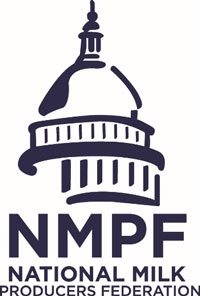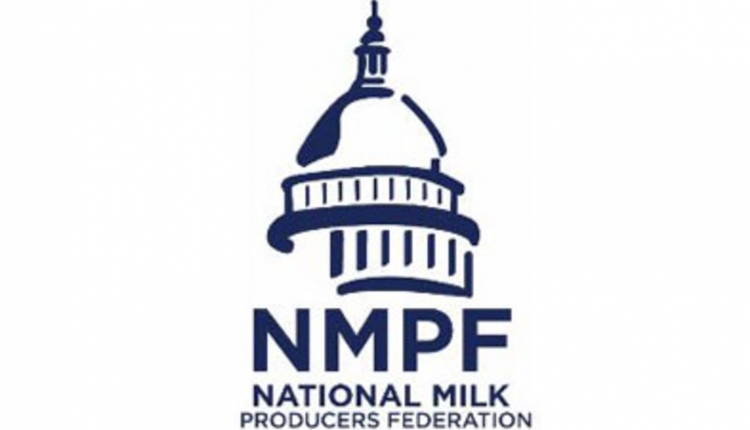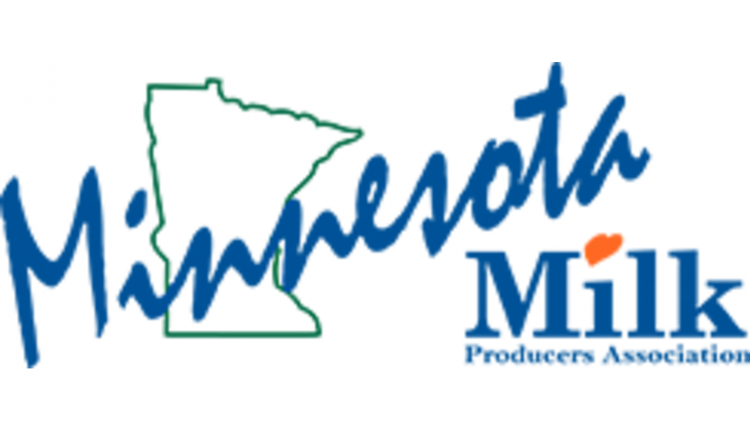
As the use of laboratory-based cell culture technologies to replicate naturally made foods continues to develop, the U.S. Food and Drug Administration (FDA) must first enforce its own existing regulations on the labeling of imitation products, according to the National Milk Producers Federation.
At an FDA hearing today focused on the regulation of cell-cultured products replicating meat, NMPF said that these rapidly evolving technologies impact dairy foods, as well. Just as scientists have discovered how to make “meat” imitations look and feel like the real thing, so, too, have they used genetically modified yeast to produce proteins that share a chemical identity with those found in milk.
FDA has asserted jurisdiction over products manufactured from cell culture technology, but Beth Briczinski, NMPF’s vice president for dairy foods and nutrition, warned that the agency’s failure to enforce existing labeling standards is a major concern.
“For decades, manufacturers have been making fake milk and other imitation dairy beverages, and inappropriately using the names of products on their labels that have clear FDA standards of identity,” said Briczinski. “What began as a clever marketing tactic has led to the rampant abuse of legally defined dairy terms, while FDA has looked the other way. Most importantly, it has misled consumers over the nutritional composition of these products in comparison to traditional milk and its contributions to a healthy diet.”
Over the last 20 years, NMPF and its members have made repeated requests for FDA to take enforcement action on misbranded imitation dairy products, with FDA continually claiming the issue is not an agency priority. “As a result, we now have an ‘anything goes’ attitude in the marketplace,” said Briczinski. The recent debate over how to regulate and market synthetic meat developed in a lab has brought an added sense of urgency for the dairy industry.
Without a consistent regulatory framework that addresses the marketing of imitation meat and dairy products, in addition to FDA’s selective enforcement, NMPF believes labeling abuses by product manufacturers, further consumer confusion, and a lack of U.S. compliance with international standards will continue to spread.
Briczinski once again reiterated the industry’s request that FDA enforce the labeling laws already on the books regarding fake “milks,” stressing that “it’s beyond time to resolve this problem.” NMPF also plans to file written comments.
The National Milk Producers Federation (NMPF), based in Arlington, VA, develops and carries out policies that advance the well-being of dairy producers and the cooperatives they own. The members of NMPF’s cooperatives produce the majority of the U.S. milk supply, making NMPF the voice of dairy producers on Capitol Hill and with government agencies. For more on NMPF’s activities, visit our website at www.nmpf.org.


